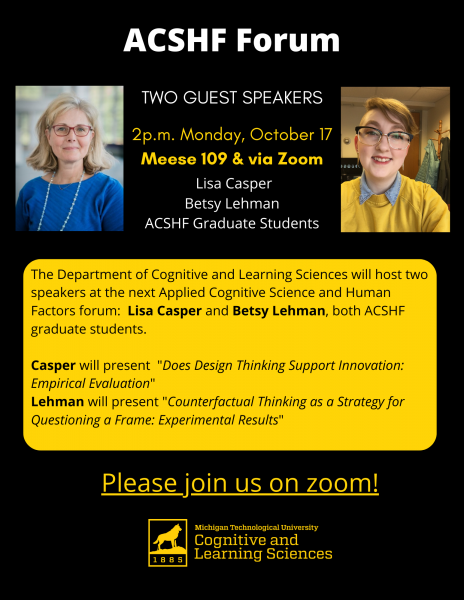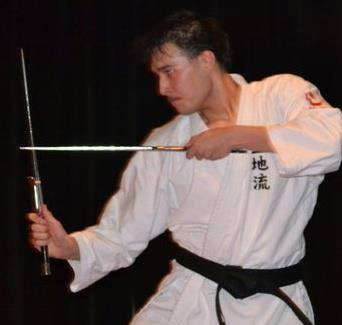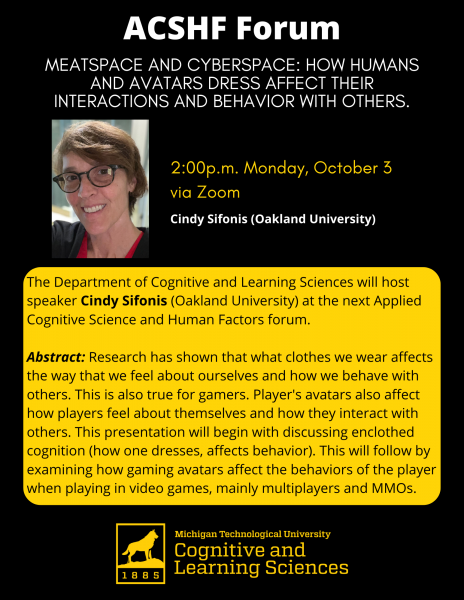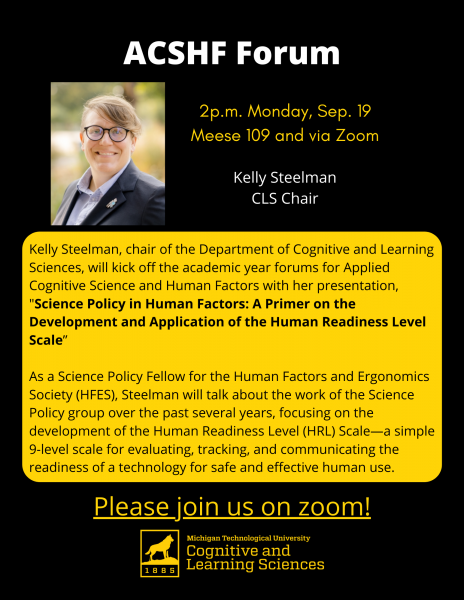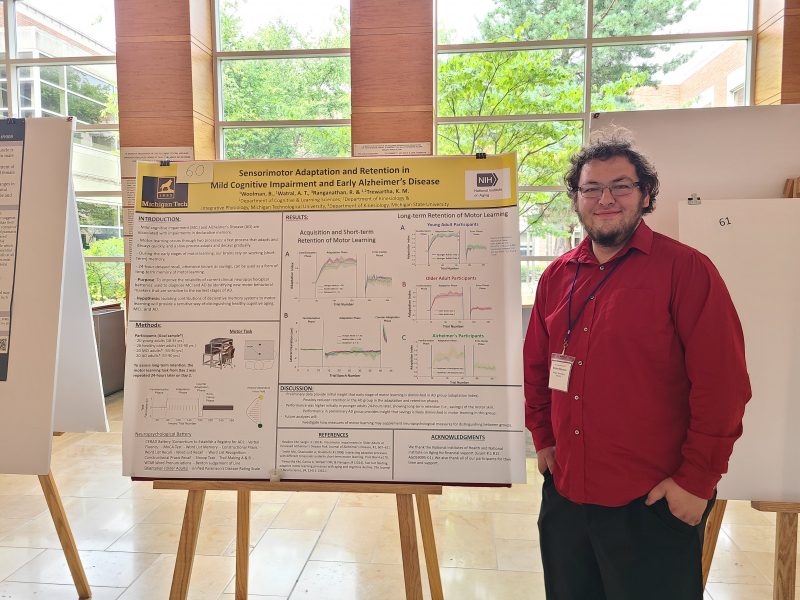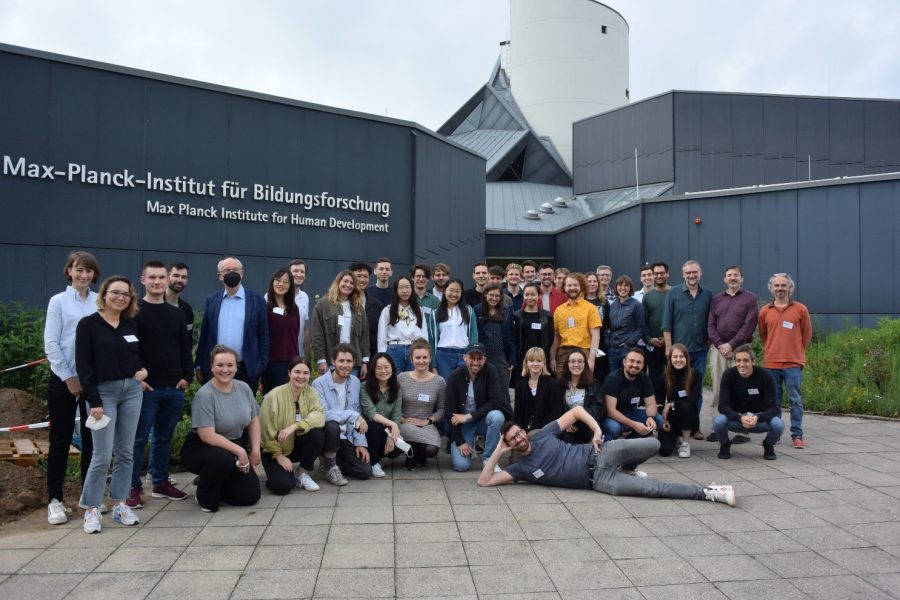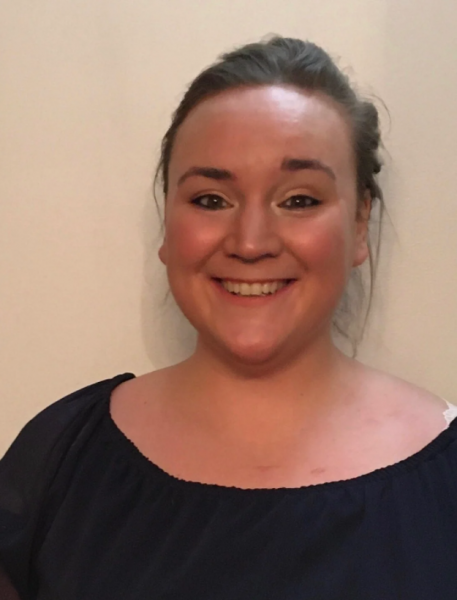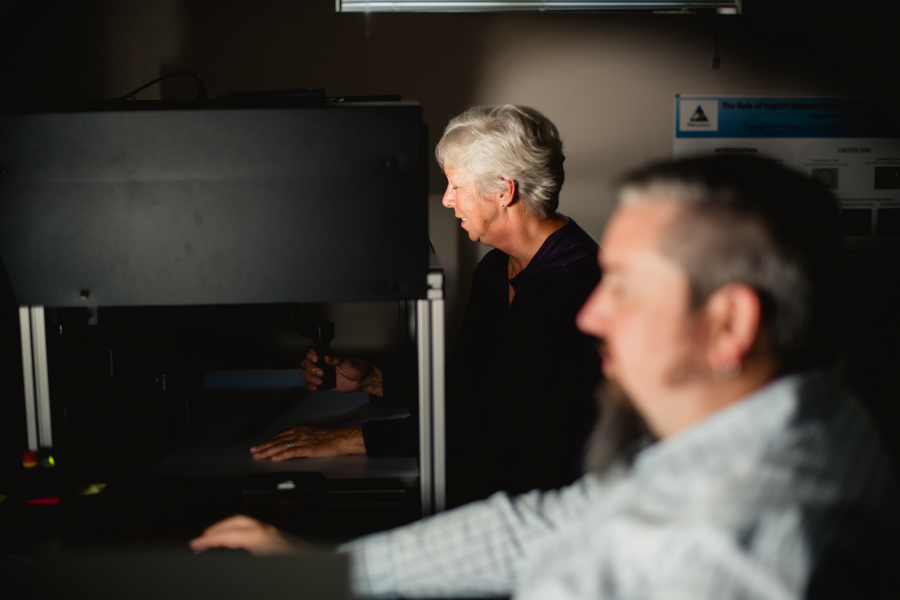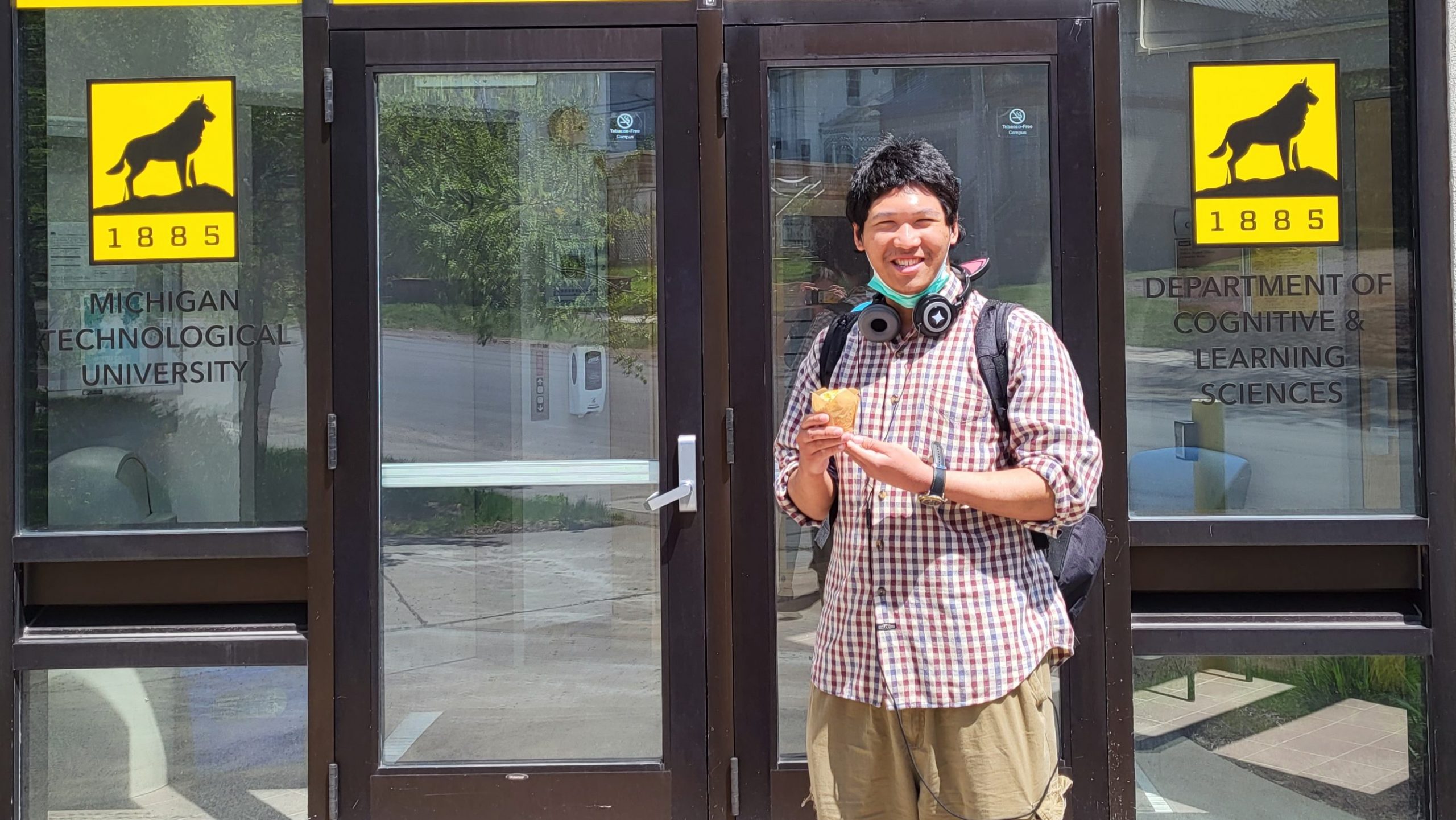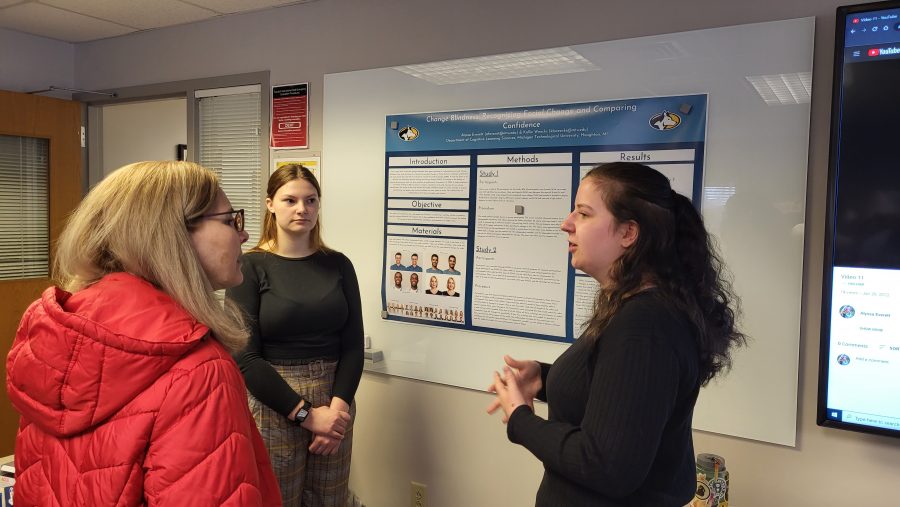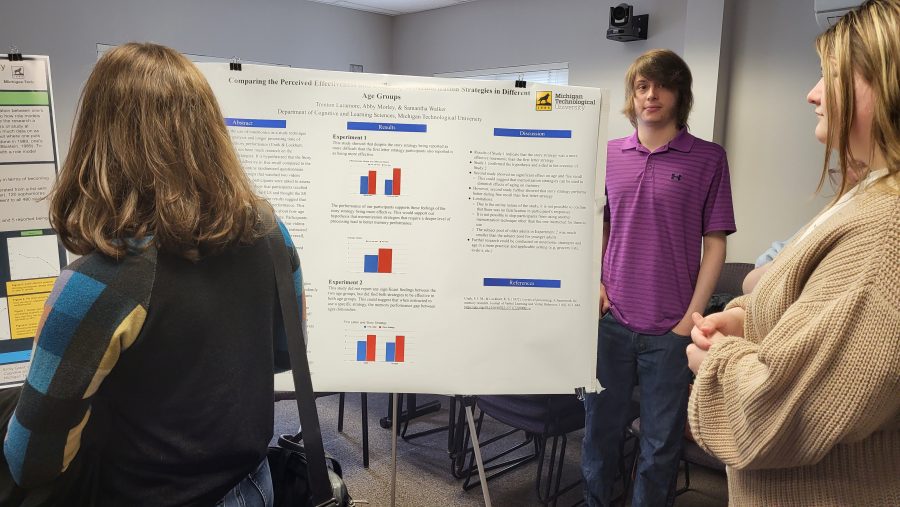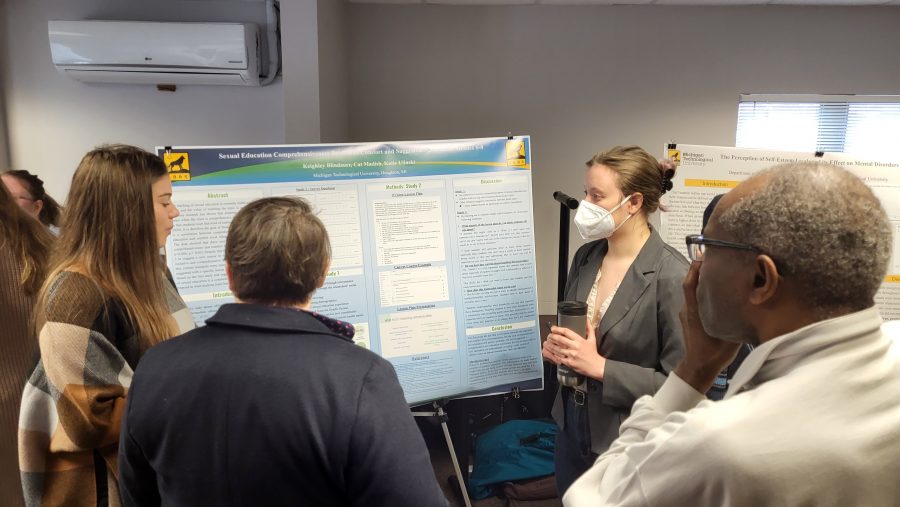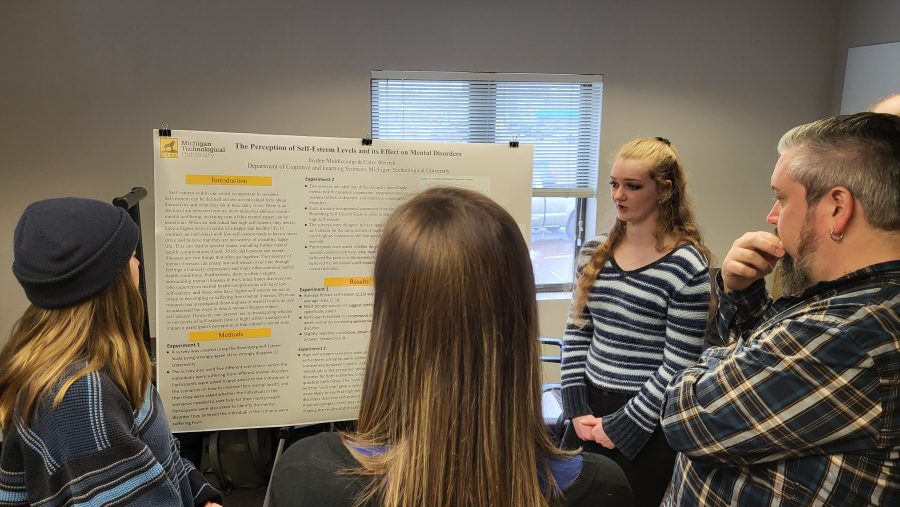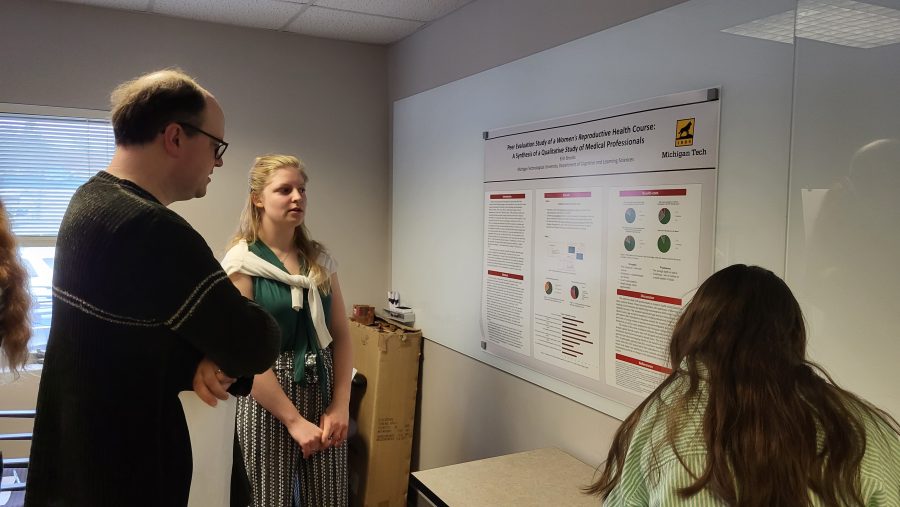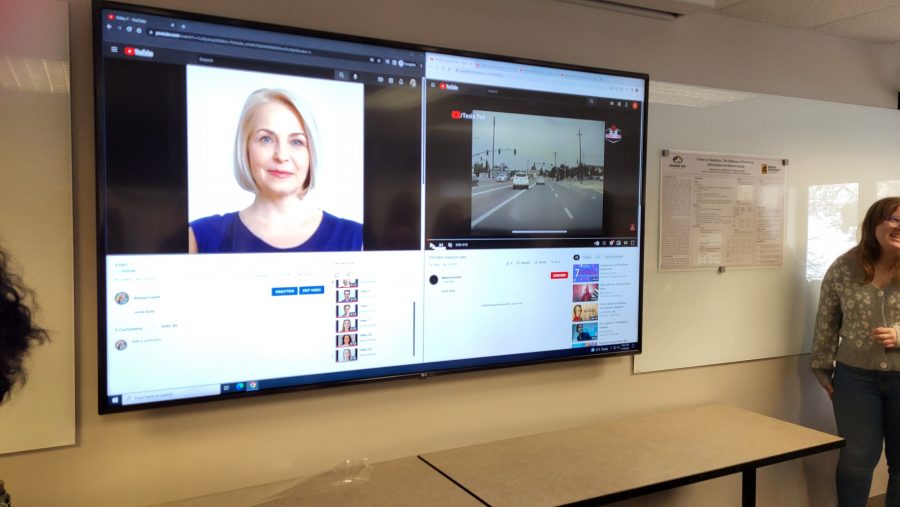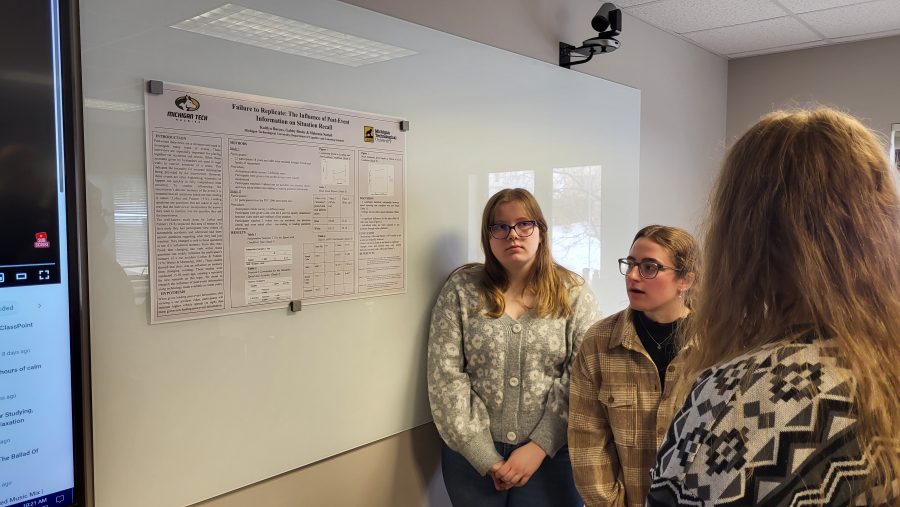Michigan Tech was well represented at the HFES International Annual Meeting held in Atlanta, GA last week. CLS faculty in attendance were Kelly Steelman, Susie Amato-Henderson, and Briana Bettin (CLS/CS), along with ACSHF graduate students Tauseef Mamun, Lamia Alam, Lauren Monroe, and Nishat Alam.
Mamun co-chaired the session “Human AI Robot Teaming (HART)” and presented his research “Assessing Satisfaction in and Understanding of a Collaborative Explainable AI (CXAI) System through User Studies” conducted with Lamia Alam and Shane Mueller (CLS) and Robert Hoffman (IHMC).
Amato-Henderson co-chaired the session “COVID-19 Pandemic and Remote/Hybrid Learning – Education” and presented her research with Jon Sticklen (EF) “The Relationship between Teaming and Sense of Connection in a First-Year Engineering Program”.
Monroe presented her research “The Effects of Varying Music Tempo on Vigilance Performance and Affective State” conducted with Samantha Smith (CLS)
Bettin (CLS/CS) presented her research “Identifying and Addressing Risks in the Early Design of a Sociotechnical System through Premortem” conducted with Kelly Steelman (CLS), Charles Wallace (CS), Dana Pontious (CLS), and Elizabeth Veinott (CLS).
